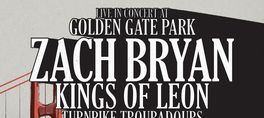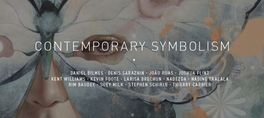Maurice Tani
San Francisco native, Maurice Tani is a "rye-to-romantic" singer-songwriter with seven albums to his credit -the latest being The Lovers Card, released on the Little Village label. With his band, 77 El Deora, Tani has been the source of untold, but exquisite suffering on the Bay Area Americana scene for over 15 years.
Tani uses the term, “Supercalifornigraphic” to describe his particular flavor of Americana. While rooted in country music, Tani's writing is centered on a West Coast perspective. “Though much of my material is based on fictional characters and situations, I still write what I know. I'm not particularly comfortable or interested in the rural imagery of tractors, 4x4s or general agriculture common in much country music. What attracts me most about country is the story telling side of it. My stories are more likely to be centered around an urban experience. I'm a Californian from a large metropolitan area and I write about the things that hold my attention. I think of these songs as a sort of cinema for the blind. Short musical narratives of life on the left coast.”
Maurice Tani
San Francisco native, Maurice Tani is a "rye-to-romantic" singer-songwriter with seven albums to his credit -the latest being The Lovers Card, released on the Little Village label. With his band, 77 El Deora, Tani has been the source of untold, but exquisite suffering on the Bay Area Americana scene for over 15 years.
Tani uses the term, “Supercalifornigraphic” to describe his particular flavor of Americana. While rooted in country music, Tani's writing is centered on a West Coast perspective. “Though much of my material is based on fictional characters and situations, I still write what I know. I'm not particularly comfortable or interested in the rural imagery of tractors, 4x4s or general agriculture common in much country music. What attracts me most about country is the story telling side of it. My stories are more likely to be centered around an urban experience. I'm a Californian from a large metropolitan area and I write about the things that hold my attention. I think of these songs as a sort of cinema for the blind. Short musical narratives of life on the left coast.”
show less









